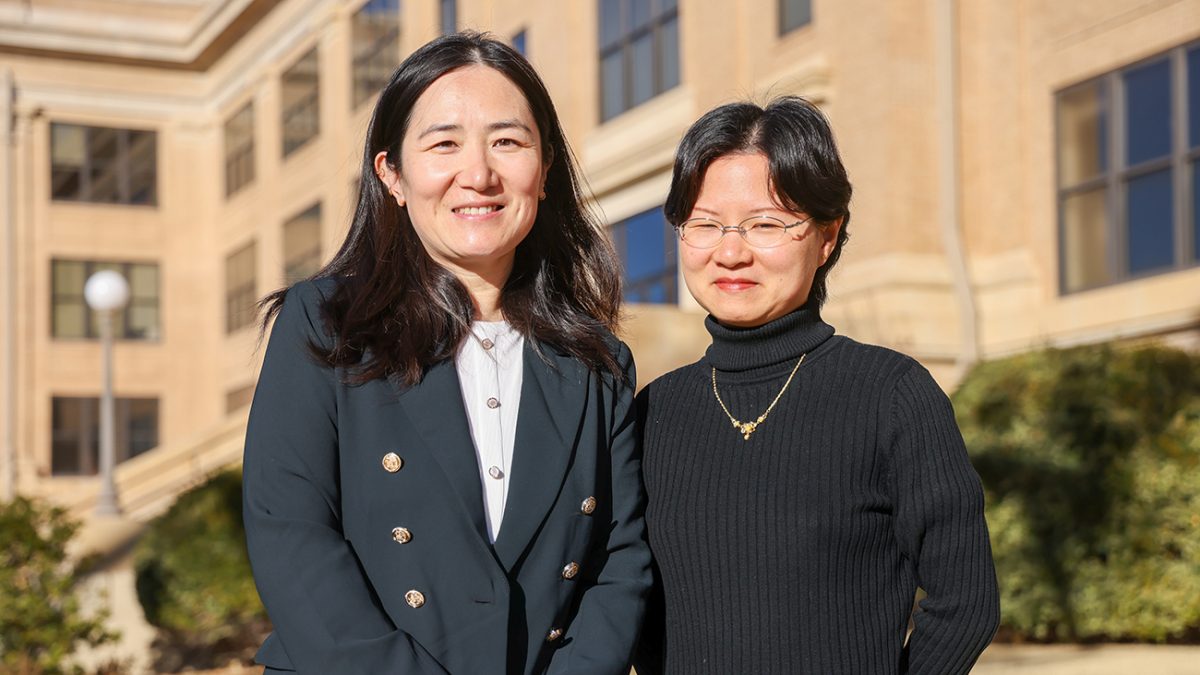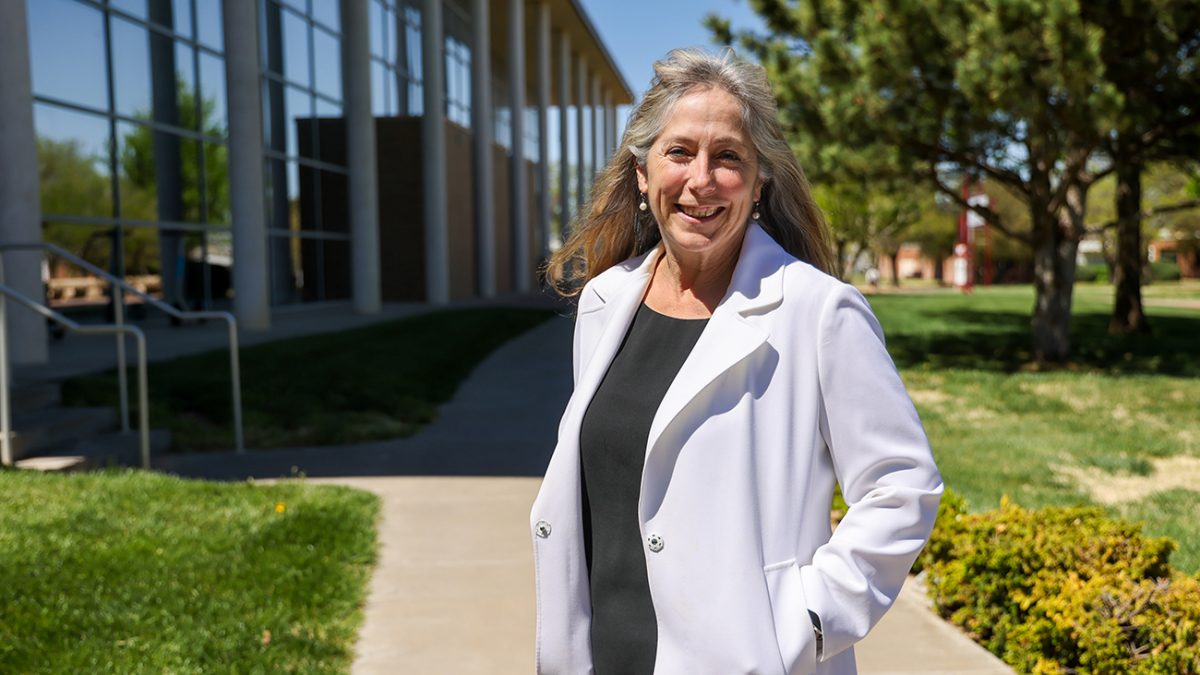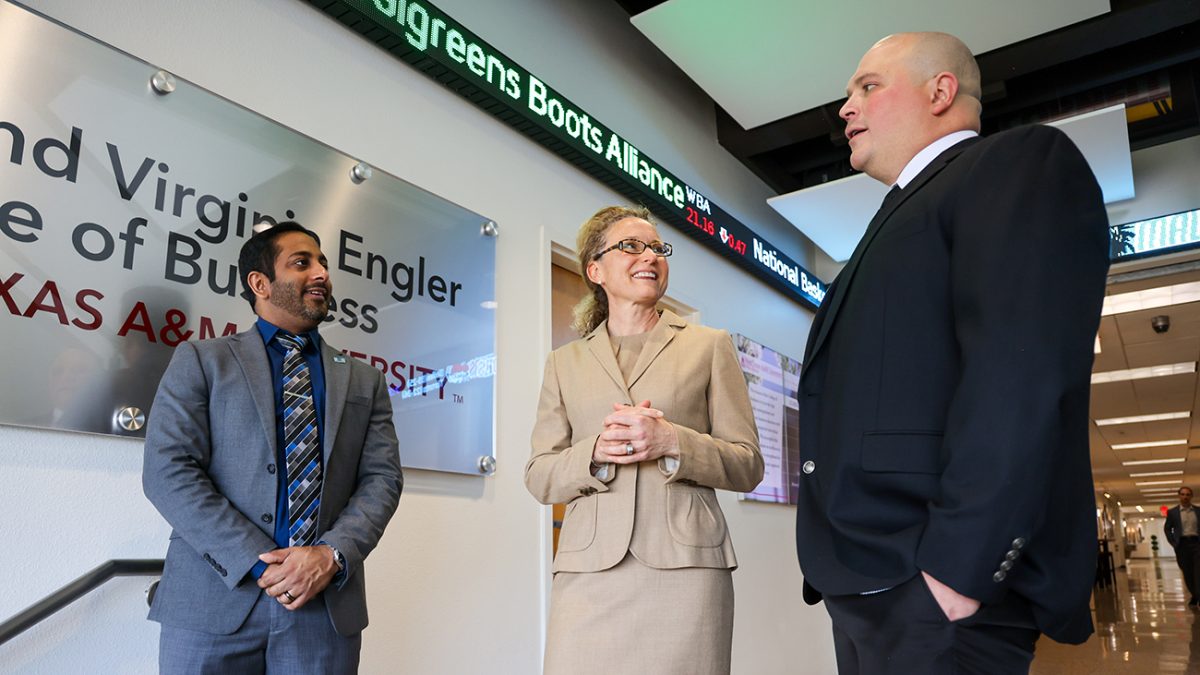CANYON, Texas — Two West Texas A&M University professors are continuing their research into the refugee population of the Texas Panhandle, thanks to a nearly $30,000 grant.
Ten teams were awarded grants from the Natural Hazards Center to support studies into public health solutions to hazards in vulnerable communities across the United States.
Leading the project at WT are Dr. Ming Xie, assistant professor of emergency management administration in the Department of Political Science and Criminal Justice in the Terry B. Rogers College of Education and Social Sciences, and Dr. Li Chen, associate professor of media communication in the Department of Communication in the Sybil B. Harrington College of Fine Arts and Humanities.
For their project, “Refugees’ Public Health Risks and Resilience to Climate-Related Disasters in Rural Communities,” Xie and Chen will survey at least 300 refugees in the area to explore how people from different cultures and backgrounds feel and experience health problems from disasters like extreme cold, floods and heat.
These disasters can lead to more health issues like sickness from food, heart problems, breathing issues and mental health struggles. Xie and Chen said they want to understand how things like age, gender, countries of origin and language skills affect how ready refugees are for these disasters and health problems.
The Panhandle’s refugee population has largely been ignored in previous research, Xie and Chen said.
“Our research project will provide firsthand information for local emergency management specialists and public health professionals to develop tailored disaster management programs for local communities, especially refugees and other vulnerable groups,” Chen said. “Our research findings will directly benefit the local community, resonating with WT’s mission as a Regional Research University.”
The Texas Panhandle has a growing refugee population from countries such as Afghanistan, Cuba, Iran, Myanmar, and Somalia. The city of Amarillo, the largest city in this area, has had the one of the highest numbers of refugees per capita of any city in the nation, according to city of Amarillo officials.
The professors hope this research will shine a light on the population, encouraging follow-up research, educational programs and policymaking.
Previously, the scholars won a $7,800 grant from the Federal Emergency Management Agency Higher Education Research Funding in 2022 to study refugees’ disaster experiences and preparedness. Their project was presented in June at FEMA’s 25th Annual Emergency Management Higher Education Symposium in Emmitsburg, Maryland. They also published “Make hay when the sun shines: How community organizations cultivate refugees’ social capital and disaster resilience” in the Journal of Health and Human Service Administration in September.
The pair also won a $4,300 WT Killgore Faculty Research Grant in 2021 to research refugees’ disaster preparedness.
The duo has established close connections with the Amarillo Public Health Department and several community organizations that work with refugee populations.
“I am deeply passionate about refugee research and community engagement because I believe in the power of understanding, empathy and collaboration to create positive change,” Xie said. “Refugees often face significant challenges as they navigate new environments, cultures and health risks. By actively involving community members in the research process, I hope to amplify their voices, address their specific needs and contribute to the development of sustainable solutions.”
As a Regional Research University, addressing regional challenges is a key principle of the University’s long-range plan, WT 125: From the Panhandle to the World.
That plan is fueled by the historic One West comprehensive fundraising campaign, which reached its initial $125 million goal 18 months after publicly launching in September 2021. The campaign’s new goal is to reach $175 million by 2025; currently, it has raised more than $150 million.










